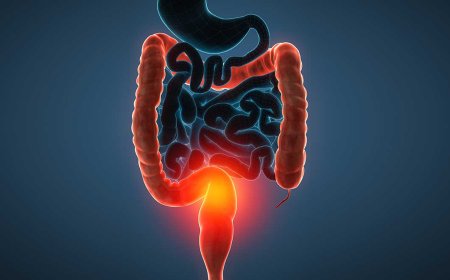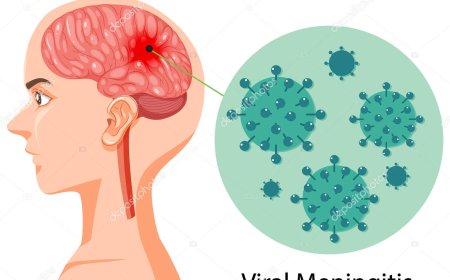Difficulty Swallowing (Dysphagia)

Introduction:
Swallowing is an essential function that allows us to eat, drink, and maintain our overall health. However, some people in India may face difficulties while swallowing, known as dysphagia. In this article, we will explore what dysphagia is, its signs and symptoms, its various types, causes, risk factors, diagnostic tests, treatments, and prevention techniques, all explained in simple language for 10-year-old children to understand.
Signs and Symptoms:
Difficulty swallowing (dysphagia) can present itself in several ways, such as:
- Choking or coughing while eating or drinking
- Feeling like food is stuck in the throat or chest
- Pain or discomfort while swallowing
- Regurgitation of food or liquids
- Weight loss or malnutrition due to avoiding certain foods
What Is Difficulty Swallowing (Dysphagia)?
Dysphagia refers to the difficulty or discomfort one experiences while swallowing. It can affect people of all ages, from children to adults, and can result from various underlying causes.
How Is Difficulty Swallowing (Dysphagia) Classified?
Dysphagia is classified into two main types: a. Oropharyngeal Dysphagia: This occurs when the problem lies in the mouth or throat muscles. Patients may have trouble initiating swallowing or controlling the food bolus. b. Esophageal Dysphagia: This type is related to issues in the esophagus, the muscular tube that carries food from the throat to the stomach. Patients may feel food getting stuck in the chest while swallowing.
Causes and Triggers:
Dysphagia can be caused by various factors, including:
- Neurological conditions like stroke or Parkinson's disease
- Structural abnormalities in the throat or esophagus
- Acid reflux, which can irritate the esophagus
- Certain medications that can affect muscle function
- Head and neck cancers that can obstruct the swallowing passage
Risk Factors with Examples:
Several risk factors can increase the likelihood of developing dysphagia, such as:
- Advancing age: Elderly individuals are more prone to age-related swallowing difficulties.
- Smoking and alcohol consumption: These habits can damage the throat and increase the risk of dysphagia.
- Chronic medical conditions: People with diabetes or autoimmune disorders may experience dysphagia due to nerve damage.
Types of Difficulty Swallowing (Dysphagia) with Detailing for Each Type:
a. Oropharyngeal Dysphagia: In this type, difficulties arise in the mouth or throat, leading to problems in chewing or controlling the food bolus. Conditions like stroke or neurological disorders can affect the nerves and muscles responsible for swallowing, making it harder to move food from the mouth to the esophagus.
b. Esophageal Dysphagia: This type involves issues with the esophagus, causing a sensation of food getting stuck in the chest or throat. Narrowing of the esophagus due to inflammation, tumors, or scarring can result in esophageal dysphagia.
Diagnostic Tests and Treatments:
To diagnose dysphagia, doctors may use the following tests:
- Barium swallow: The patient swallows a barium-coated substance to make the esophagus visible on X-rays.
- Endoscopy: A flexible tube with a camera is inserted through the mouth to visualize the throat and esophagus.
Treatments may include:
- Swallowing therapy: Speech therapists can teach exercises to improve swallowing function.
- Medications: Acid reflux medications may help reduce inflammation and irritation.
- Dilation: A procedure to widen narrowed parts of the esophagus using a balloon or dilator.
Complications of Difficulty Swallowing (Dysphagia) Prevention Techniques:
If left untreated, dysphagia can lead to complications such as malnutrition, dehydration, and aspiration pneumonia (when food or liquids enter the lungs). To prevent dysphagia or manage its symptoms:
- Eat slowly and chew food thoroughly.
- Avoid large bites and hard-to-swallow foods.
- Stay hydrated and maintain good oral hygiene.
Dysphagia can be a challenging condition for people in India and around the world. Understanding its signs, causes, and risk factors can help early detection and timely management. By adopting prevention techniques and seeking appropriate medical attention, individuals with dysphagia can improve their quality of life and enjoy eating and drinking with ease
What's Your Reaction?
 Like
0
Like
0
 Dislike
0
Dislike
0
 Love
0
Love
0
 Funny
0
Funny
0
 Angry
0
Angry
0
 Sad
0
Sad
0
 Wow
0
Wow
0








































































